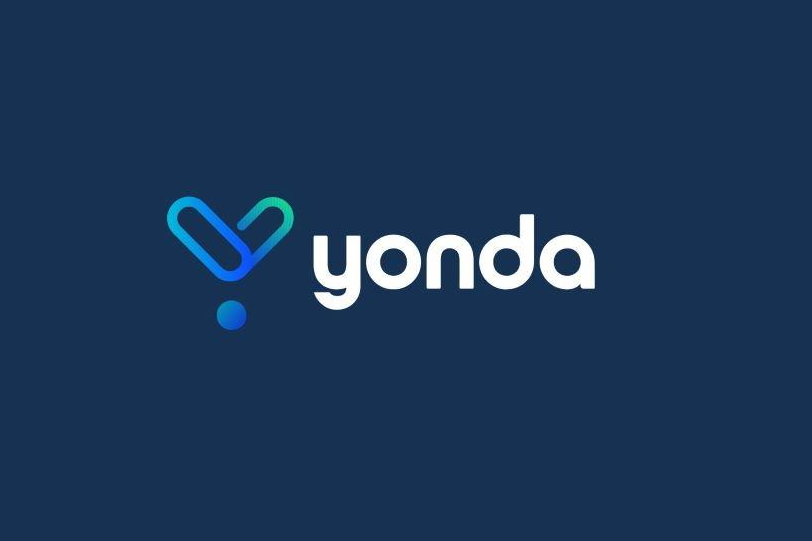As a part of CPA Practice Advisor's ongoing series, “A Year in the Life of a SALT Accountant,” Dallas-based Peisner Johnson LLP offered some key advice to accountants and their small business clients when it comes to activities that can cause them to be exposed to unexpected sales and use taxes in jurisdictions where they may think they are not required to report.
Common Nexus-Creating Activities for Sales & Use Tax
- Ownership of real property in a jurisdiction. (Stores, warehouses, offices, etc.)
- Ownership of personal property. (Machinery, equipment, etc.)
- Leasing of real property. (Stores, warehouses, etc.)
- Leasing of personal property into a state. (Machinery, equipment, etc.)
- Maintaining of an inventory, whether consigned, stored or carried by sales representatives.
- Travel of employees into a state to conduct sales, training, deliveries, installations, repairs, etc.
- Use of independent sales or manufacturer's representatives, even if they are not exclusive.
- Use of sub-contractors for repairs, maintenance, installations, etc.
- Delivery of property in seller-owned vehicles.
- Allowing employees to telecommute or use a home office.
(Source: Peisner Johnson, LLP.)
SALT CHECKLIST:
- Determine if there are any votes coming up this month in the jurisdiction where your clients do business. Share results with your affected clients and incorporate any changes in laws into your own system.
- Filings – Prepare and file all state and local returns due this month (sales tax, income tax, etc.)
- Assist your clients with all necessary SALT-related journal entries, keeping in mind accounting for early payment discounts, late payment penalties.
- Respond to any recent notices your clients have received from SALT authorities.
- Follow up with taxing authorities on open SALT issues from previous months.
- Schedule all state and local tax filings that will be due next month.
Thanks for reading CPA Practice Advisor!
Subscribe Already registered? Log In
Need more information? Read the FAQs
Tags: Sales Tax, State and Local Taxes



